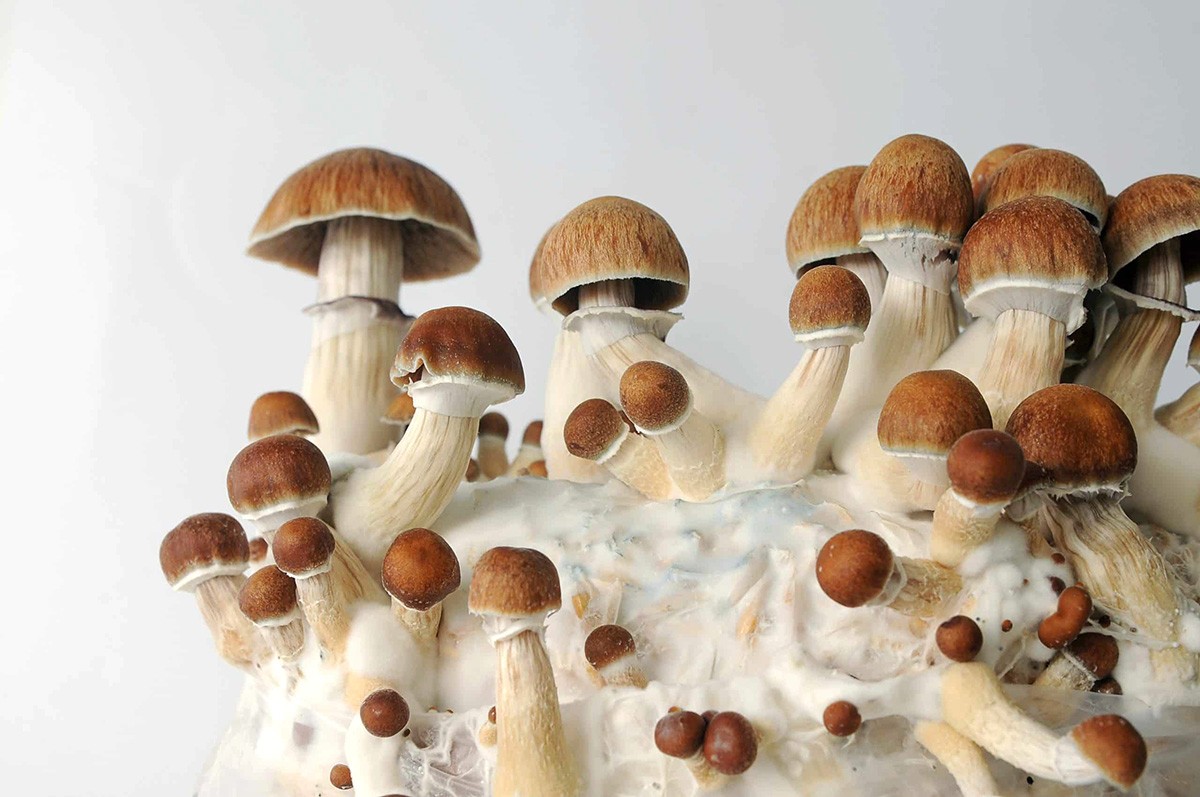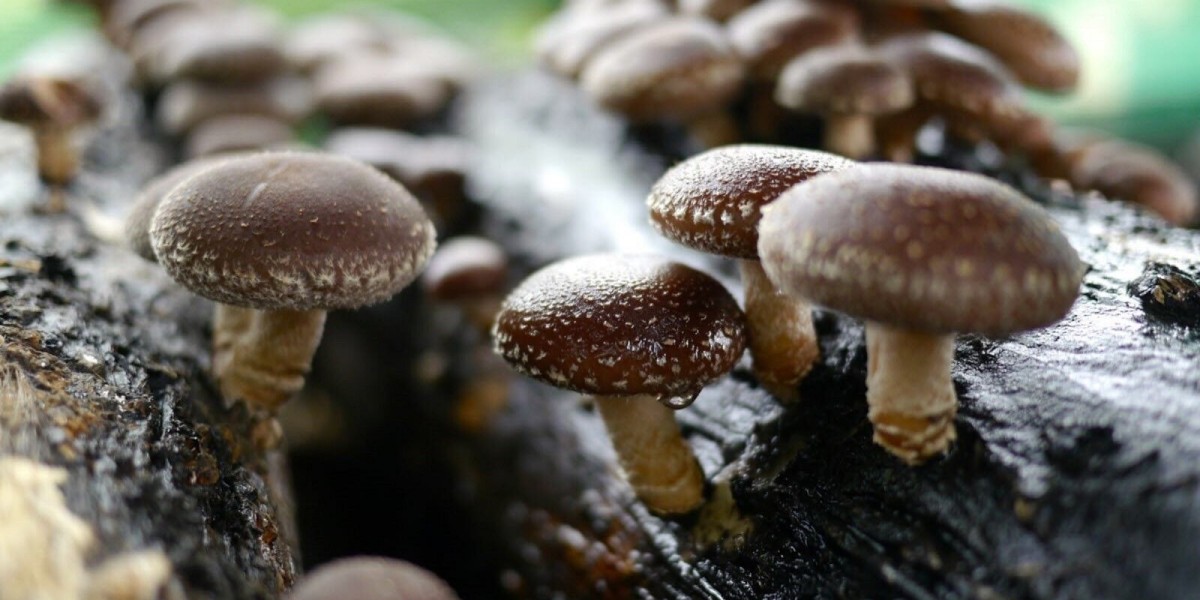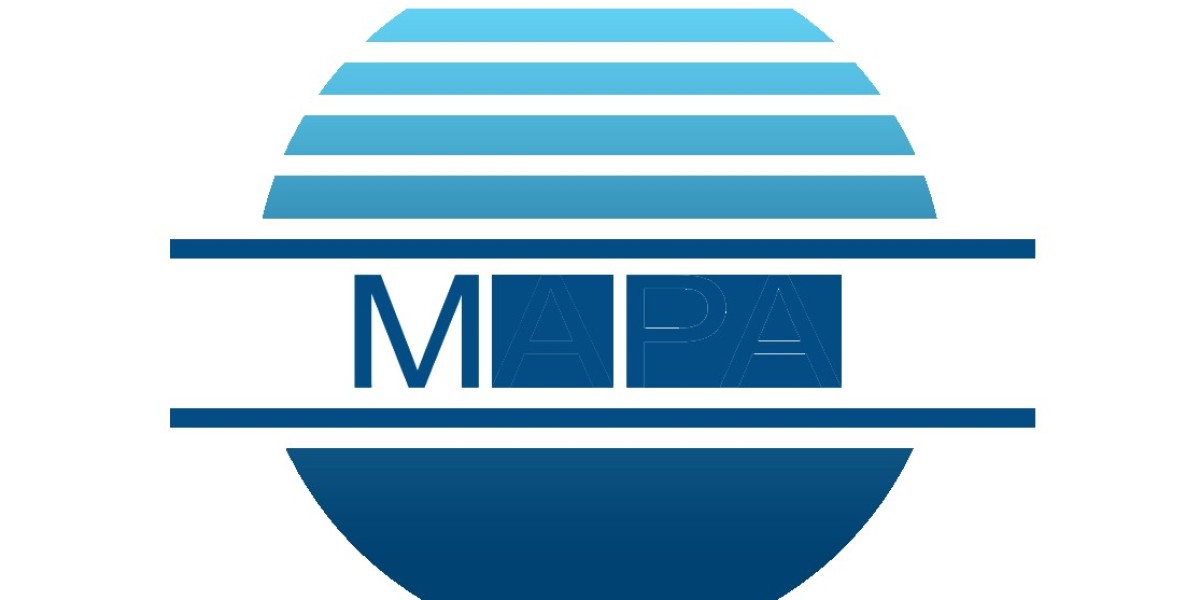Mushrooms have long fascinated foragers, chefs, and scientists alike, but now they are at the center of an emerging industry that blends nature, sustainability, and innovation. The mycelium market is more than just a trade in fungi; it’s a thriving community that connects individuals with cutting-edge products and groundbreaking applications. From gourmet mushrooms and medicinal fungi to biodegradable materials and sustainable fashion, mycelium is revolutionizing industries while attracting a passionate following of growers, researchers, and eco-conscious consumers.
The Power of Mycelium: Nature’s Smartest Material
Mycelium, the intricate underground network of fungal threads, is often referred to as nature’s smartest material. It not only supports plant life by breaking down organic matter but also possesses remarkable industrial applications. As the demand for sustainable and eco-friendly products grows, mycelium-based innovations are gaining attention in multiple industries, including food, textiles, packaging, and construction.
For those passionate about fungi, the mycelium market provides an exciting hub for exchanging knowledge, discovering new products, and exploring entrepreneurial opportunities. Whether you're a home grower, a gourmet chef, or an eco-conscious consumer, the marketplace for mycelium-based products offers something for everyone.

Key Segments of the Mycelium Market
1. Gourmet and Medicinal Mushrooms
The demand for fresh, exotic, and medicinal mushrooms is at an all-time high. Growers and foragers cultivate unique varieties such as lion’s mane, reishi, and shiitake for their culinary and health benefits. Lion’s mane, for example, is known for its cognitive-enhancing properties, while reishi is valued for its immune-boosting effects. Enthusiasts can now purchase grow kits, spores, and dried mushrooms from online platforms catering specifically to mushroom lovers.
2. DIY Mushroom Cultivation
Mushroom cultivation has become an accessible hobby for enthusiasts who want to grow their own fungi at home. Mycelium markets offer a variety of starter kits, substrate blocks, and instructional guides, making it easier than ever for beginners to cultivate gourmet mushrooms in their kitchens or backyards. Advanced cultivators can also find specialized equipment, such as sterile lab setups, liquid cultures, and advanced grow chambers, to refine their growing techniques.
3. Mycelium-Based Food Alternatives
As plant-based diets continue to rise in popularity, mycelium has become a key player in the alternative protein industry. Companies like Meati and Quorn are developing meat substitutes made from mycelium, offering a sustainable and nutritious alternative to traditional meat. These products boast a natural, meaty texture while requiring fewer resources than conventional animal agriculture. Mushroom enthusiasts with a passion for cooking can also find mycelium-based ingredients to experiment with in their own plant-based recipes.
4. Sustainable Packaging and Biodegradable Products
Mycelium’s natural ability to grow into durable, lightweight structures has led to its adoption in sustainable packaging. Unlike plastic, mycelium-based packaging decomposes naturally, reducing environmental waste. Companies like Ecovative Design have pioneered mycelium packaging solutions for industries ranging from consumer goods to electronics. Enthusiasts interested in sustainability can explore biodegradable packaging options, contributing to a more eco-friendly future.
5. Mycelium Fashion and Textiles
Mushroom leather, a cruelty-free and biodegradable alternative to animal leather, is gaining traction in the fashion industry. Brands such as Stella McCartney and Adidas have incorporated mycelium-based materials into their designs, showcasing stylish and sustainable clothing and accessories. As mycelium-based textiles continue to evolve, mushroom enthusiasts and fashion-conscious consumers can support ethical and environmentally friendly fashion choices.
6. Mycelium in Construction and Design
Beyond food and fashion, mycelium is making its way into the construction industry as a sustainable building material. Mycelium bricks and insulation panels are being tested as eco-friendly alternatives to traditional construction materials, offering fire-resistant, lightweight, and biodegradable solutions. This innovation opens doors for architects, designers, and sustainability advocates who seek to reduce the carbon footprint of buildings and homes.
Why the Mycelium Market Matters
The rise of the mycelium market is not just about economic growth—it represents a shift toward sustainable living and regenerative practices. As consumers become more conscious of their ecological footprint, the demand for mycelium-based products is expected to rise. This growing interest fuels further research and development, paving the way for new applications that go beyond what we can currently imagine.
For those passionate about fungi, the mycelium market is a treasure trove of possibilities. Whether it’s through growing, cooking, designing, or advocating for sustainability, there are countless ways to engage with the fungal economy. By supporting mycelium-based businesses and innovations, individuals can contribute to a greener and more sustainable world.
The Future of the Mycelium Market
The future of the mycelium market is bright, with continued advancements in biotechnology, food production, and eco-friendly materials. Researchers are constantly uncovering new ways to harness the power of mycelium, from developing next-generation antibiotics to creating bioengineered structures that could change the way we live.
As awareness of fungi’s ecological and industrial importance continues to spread, the community of mushroom enthusiasts will only grow. With new startups, educational initiatives, and online marketplaces dedicated to fungi, it’s clear that mycelium is more than just a trend—it’s a revolution in the making.

Conclusion
The mycelium market is an exciting and rapidly expanding space that bridges the gap between nature and innovation. Whether you’re a forager, a chef, a grower, or an entrepreneur, the opportunities in the fungal industry are endless. As the market continues to evolve, so too does our understanding of how fungi can contribute to a more sustainable and interconnected world. With its diverse applications and eco-friendly benefits, mycelium is proving that the future is fungi.



